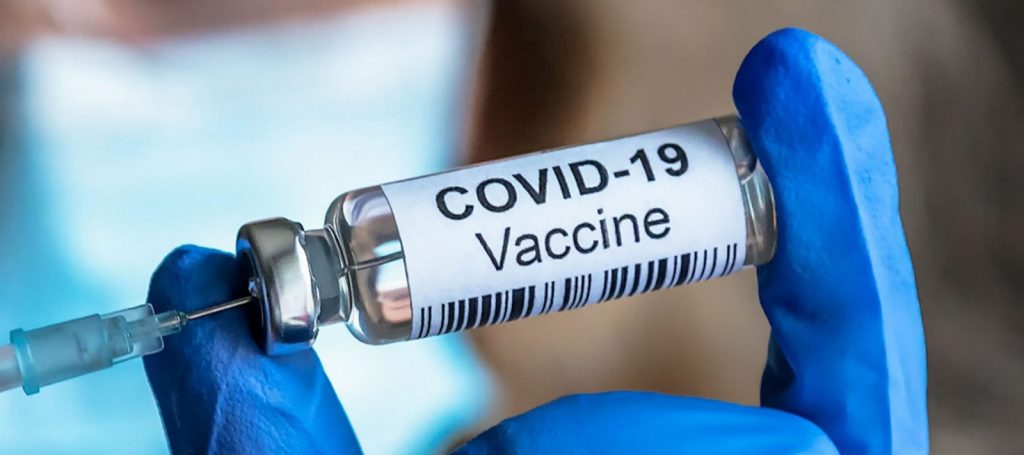 A Covid-19 vaccine.
A Covid-19 vaccine.
Researchers say the virus has evolved to the point that both naturally acquired and vaccine-induced protection acquired early in the epidemic is not much effective.
The researchers analysed samples from 17 counties in Kenya which they sequenced and tested at four reputable laboratories based at the Kemri-Wellcome Trust Research Programme, , KEMRI-CDC, the International Livestock Research Institute, and the National Public Health Laboratory.
Results showed significantly reduced antibody efficacy against the variants. Over 40 per cent of vaccinated individuals showed no neutralisation against Omicron variants. Antibodies from natural infections during earlier Covid-19 waves were even less effective.
Fewer than 20 per cent of these samples neutralized the new variants. Neutralisation capacity against variants like EG.5.1 and BA.2.86 was much lower than for the original strain.
The study states, "Our findings reveal a troubling decline in both natural and vaccine-induced immunity against these highly mutated Omicron sublineages."
The authors explained that "the rapid mutation of the SARS-CoV-2 virus may lead to the emergence of new variants that evade neutralisation by pre-existing antibodies and have increased infectivity, transmissibility, and pathogenicity."
The study, titled "Evaluation of Population Immunity Against SARS-CoV-2 Variants," was published on December 28 in the BMC Infectious Diseases Journal. It shows most Kenyans are vulnerability to new Omicron variants – EG.5.1, FY.4, BA.2.86, JN.1, JN.1.4, and KP.3.1.1– because they escape immunity provided by past infections and vaccinations.
Although Covid-19 is now considered an endemic disease, it continues to result in serious health consequences globally, such as hospitalisation, intensive care unit (ICU) admissions and death.
It spreads most commonly through the air in tiny droplets of fluid between people in close contact. Many people with Covid-19 have no symptoms or mild illness. But for older adults and people with certain medical conditions, Covid-19 can lead to hospitalisation or death.
More than eight out of ten Covid-19 deaths still occur in people over age 65, according to the US Centers for Disease Control. The authors lament that Kenya has since 2023 stopped active surveillance for the disease, which killed about 5,000 Kenyans until that year.
The country began its Covid-19 vaccination campaign in March 2021, prioritising healthcare workers, teachers, and the elderly. By May 2022, about 8.3 million adults had been fully vaccinated, representing 30.7 per cent of the adult population.
However, vaccine hesitancy, concerns about efficacy, and limited access slowed the rollout. Most Kenyans received monovalent vaccines based on the original SARS-CoV-2 strain. The findings highlight the need to revise Kenya's Covid-19 response, especially targeting the elderly.
The study emphasizes, "This conclusion prompts the need for updated vaccine strategies in the country such as boosting by vaccines with currently circulating variants, to counter immune escape as the virus evolves."
Researchers further caution, "Genomic surveillance of SARS-CoV-2 has greatly reduced in Kenya, hence all genomic data in this study represents two-thirds of all geo-specified isolates came from two counties of Kilifi and Nairobi."
The study recommends using variant-specific vaccines, such as those targeting JN.1 and BA.2.86. It calls for enhanced genomic surveillance, increased vaccine coverage, and equitable distribution. Public awareness campaigns should promote vaccination and educate on Covid-19’s evolving nature.













